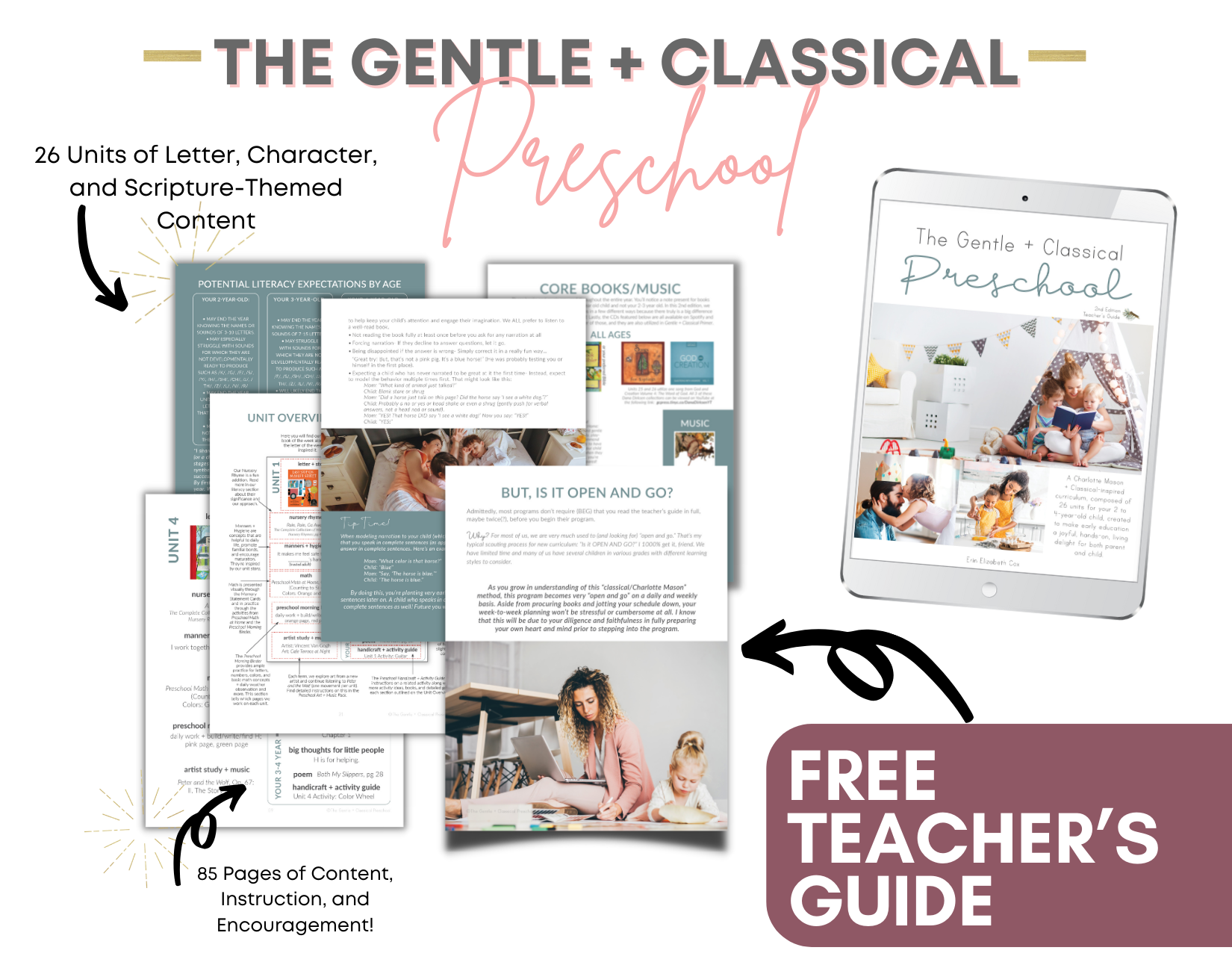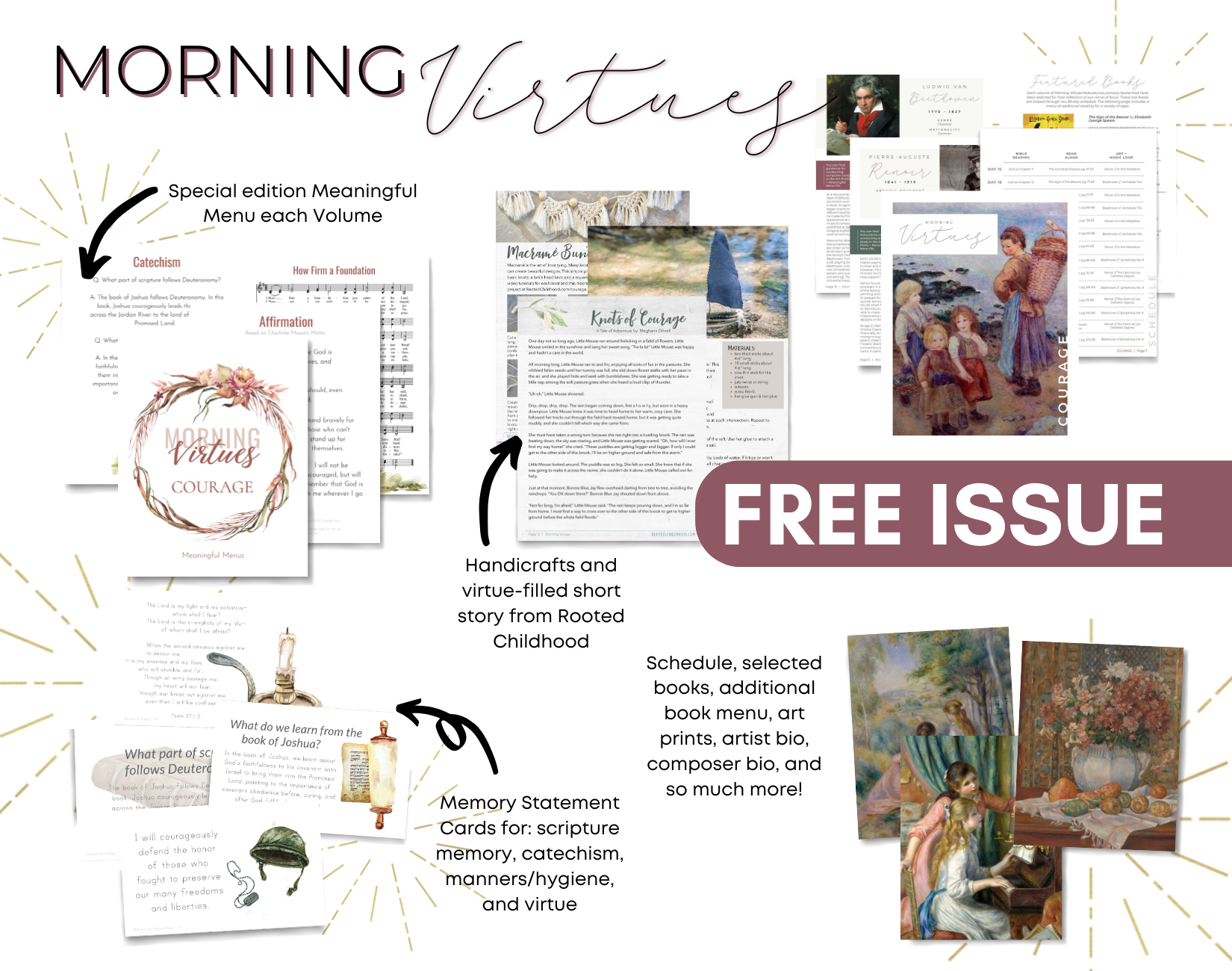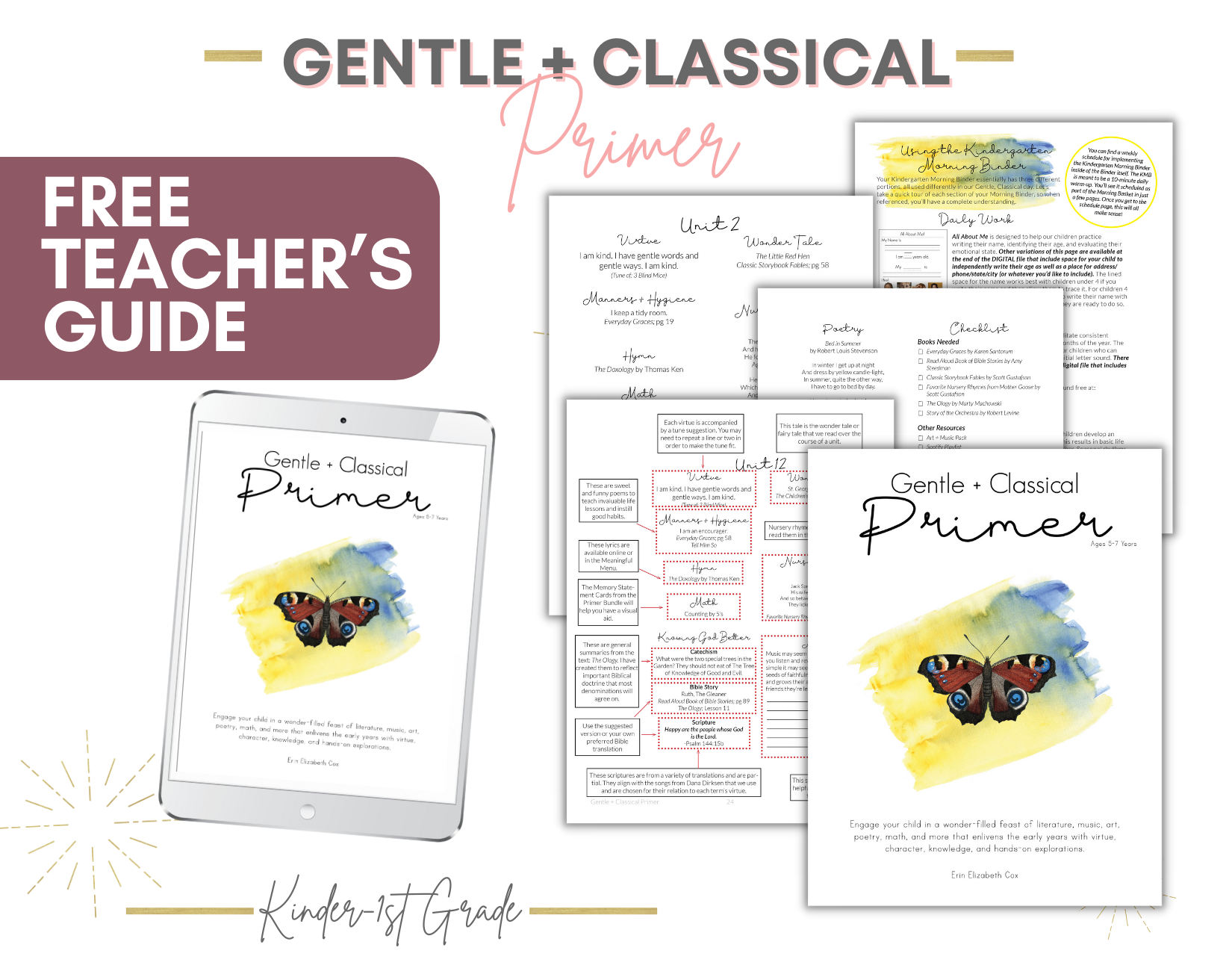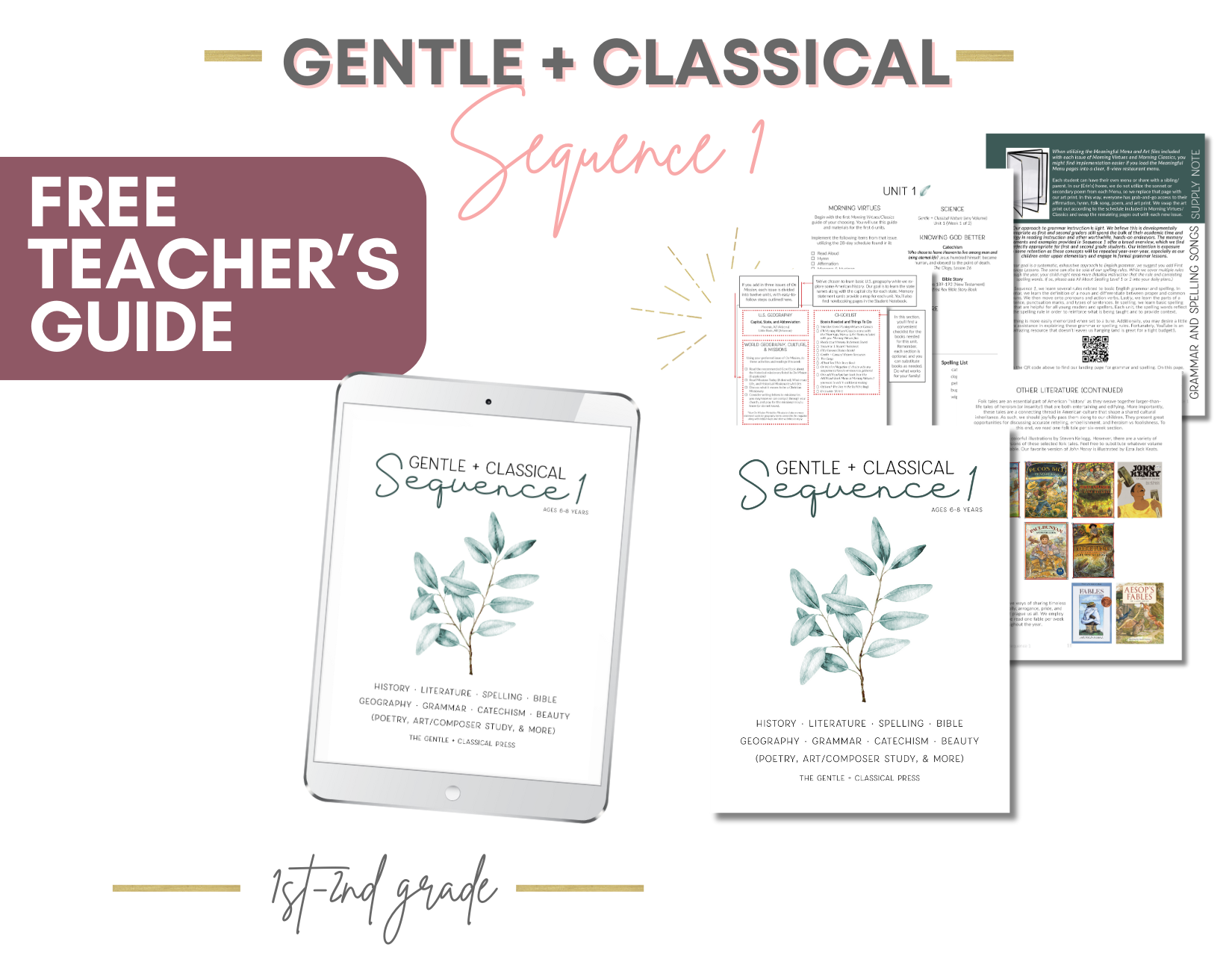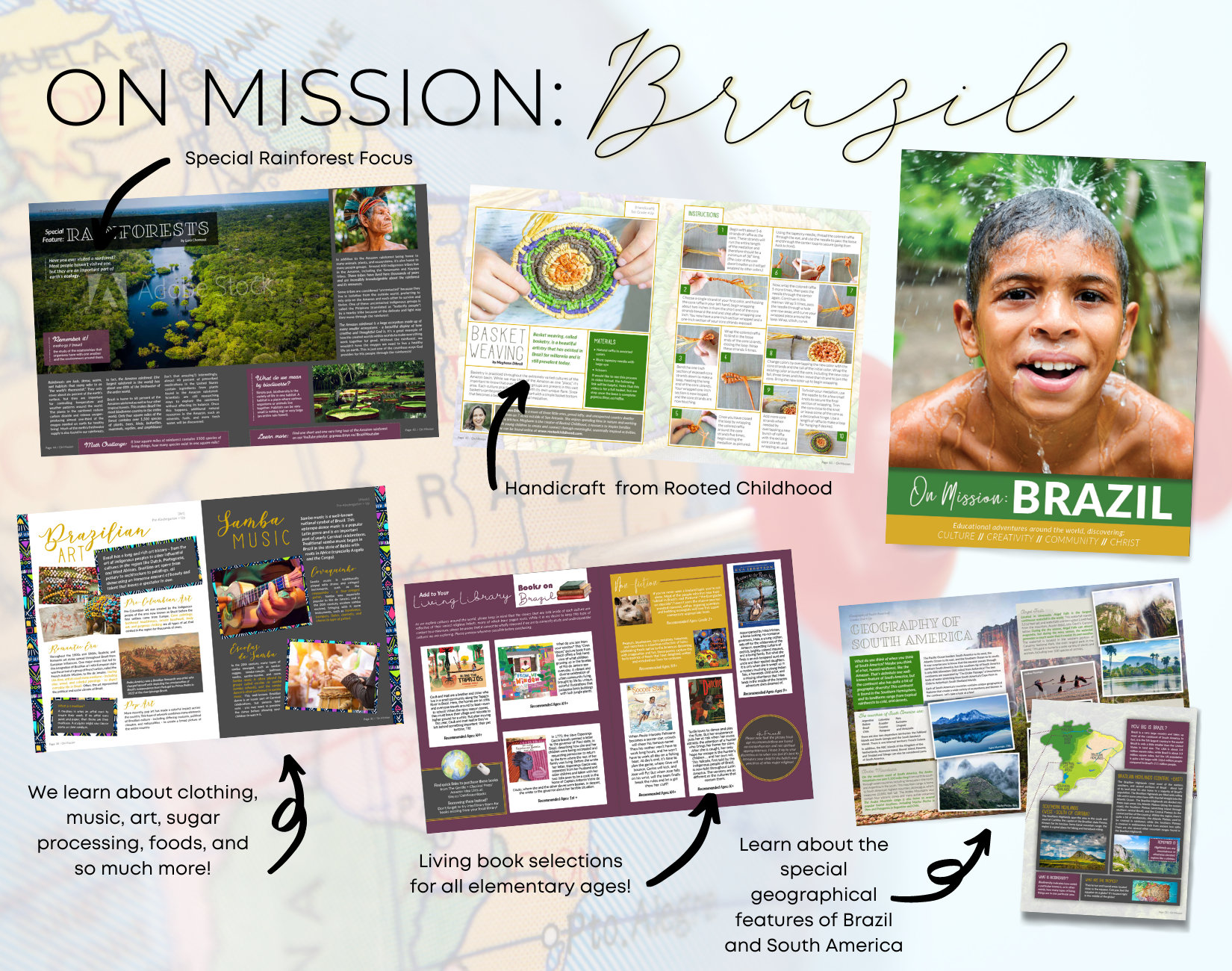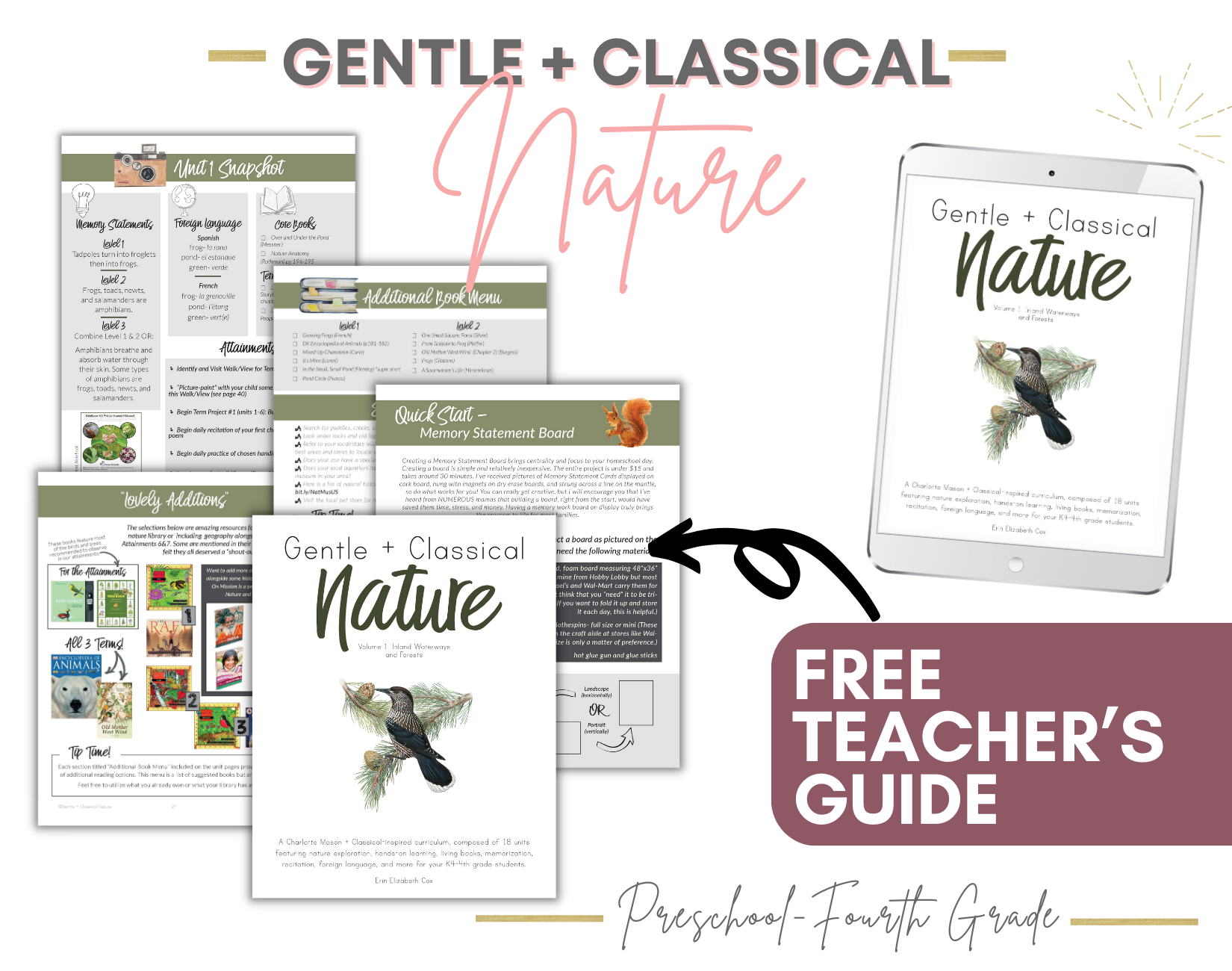Metaphor for the 3 Phases of Learning {Grammar, Logic, and Rhetoric}
/I love Classical Education. From the first moment I lay my hands upon the book The Well-Trained Mind by Susan Wise Bauer and Jessie Wise, I was hooked. I learned as much as I could and fully believe in the proven power of our natural learning in the sequential order of the Grammar, Dialectic, and Rhetoric stages. Even as adults, in our daily lives, as we are introduced to new things, we logically follow these steps.
Consider this: If you aren't into cars and so forth, imagine someone wanted to explain to you how an engine worked. He would logically begin by naming all of the parts. It will be hard for you to understand what he's telling you if you don't know which part is the alternator, which part is the carburetor, and which part is the transmission, right? So this process of learning the names (or the terminology) puts you into the grammar stage of this process.
Next, he can begin to explain some basic principles about how the parts work together. He can explain what happens when the pistons fire (and on, and on). At this stage, you're still totally a student. You are following along as he explains the logical steps in the process, asking engaging questions that deepen your understanding. You may even challenge him if something he says doesn't seem to align with something else he said earlier. At this point, you're in the dialectic/logic stage of how engines run. You understand the process in your mind, you understand the terms, and how all of the parts work together- but you would not be able to truly apply this knowledge in teaching someone else or assembling an engine alone.
The last step of the process is when you take everything you've learned and begin to practice it and apply it until YOU are able to become a teacher of that knowledge yourself. You can apply it if something breaks down. You can disassemble and reassemble. You can bring someone else into the garage and walk them through those phases yourself. You've reached the rhetoric stage.
This, my friends, is the summation of the 3 phases of classical education (that are most commonly accepted), and because I so fully identify with these steps myself, I completely accept that my children do as well. In learning to read, they must learn the letter names, then the sounds, and begin blending those together. Then they begin to read to practice this skill and absorb information. Lastly, they become such excellent readers that they too are capable of instructing someone else in this valuable tool.
This 3 step process applies to all aspects of life and branches of knowledge. Having a teen and tween whom we've used this process with throughout their education, I can see the profound fruits. I desperately wanted my boys to have these same skills, and feel like starting as early as possible would be of excellent value. Because young children have such sponge-like brains, I knew that I could sew a vast amount of information into their little minds- and as they grow, they would be able to retrieve those terms and ideas and apply them as needed. This is the concept of "pegs" unto which future related knowledge can be hung. And this is the value in Memorization (or memory work as it's frequently called).
To find out how I took the process of learning in the grammar stage and developed it into a curriculum for our youngest learners (ages 2-4), head over to learn about The Gentle + Classical Preschool.

